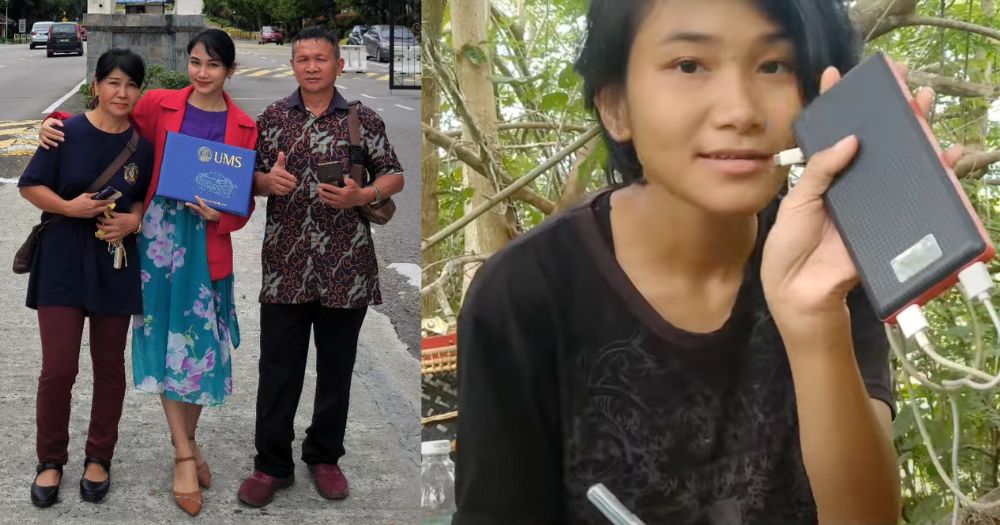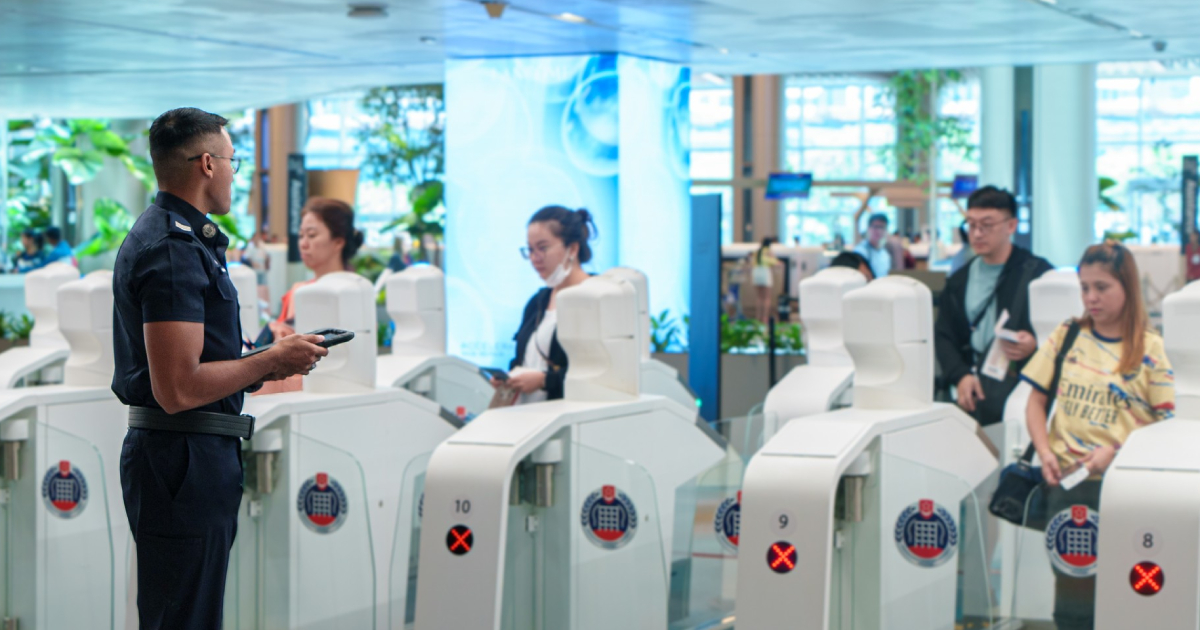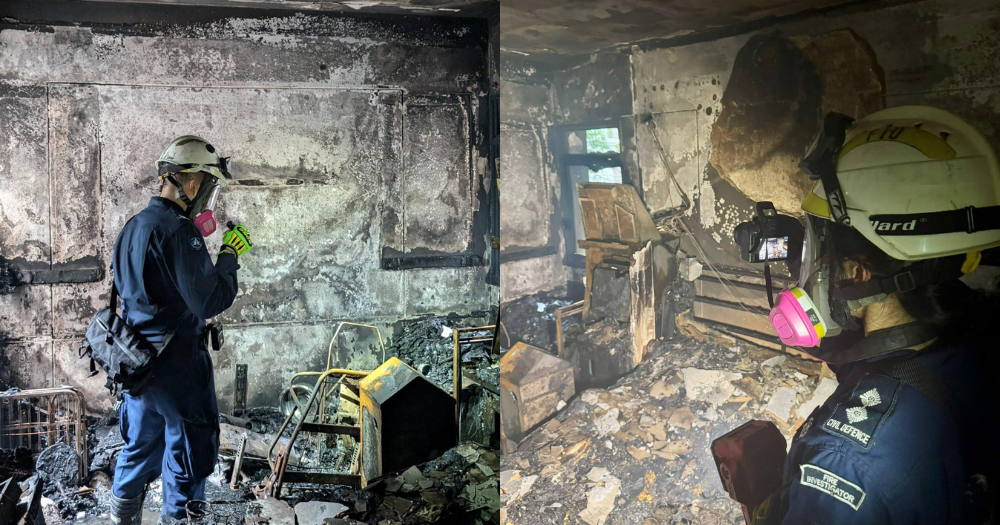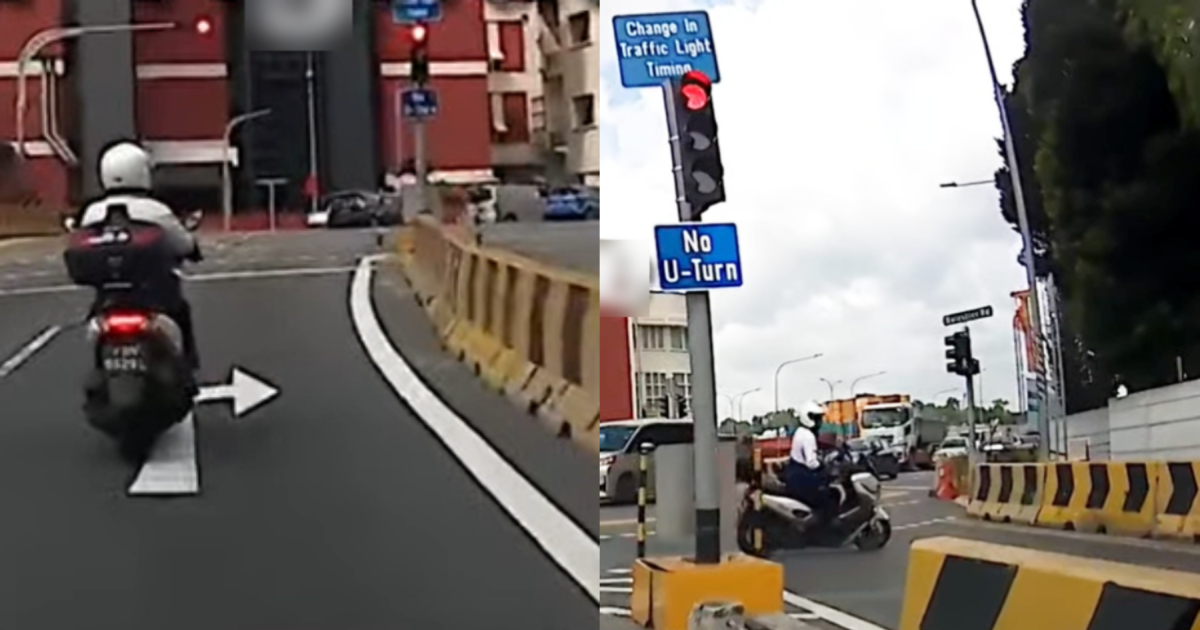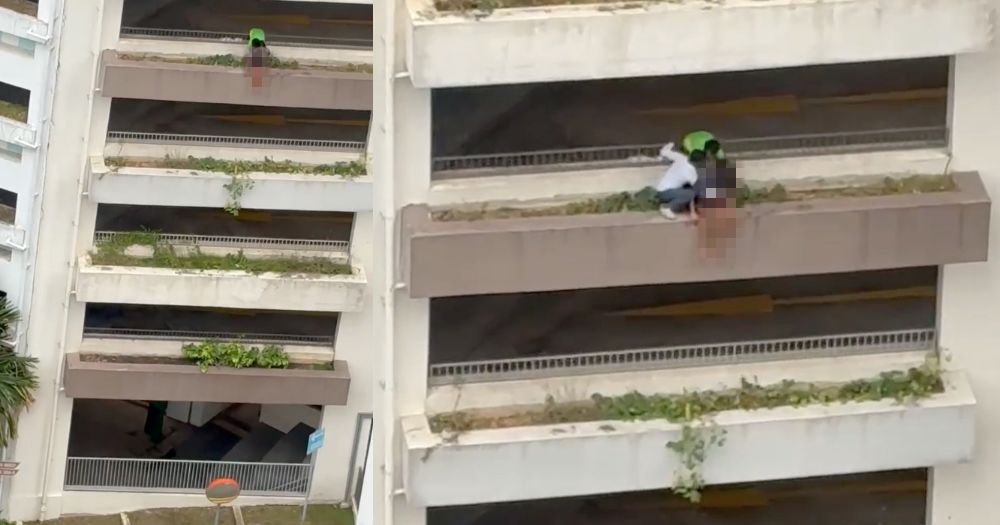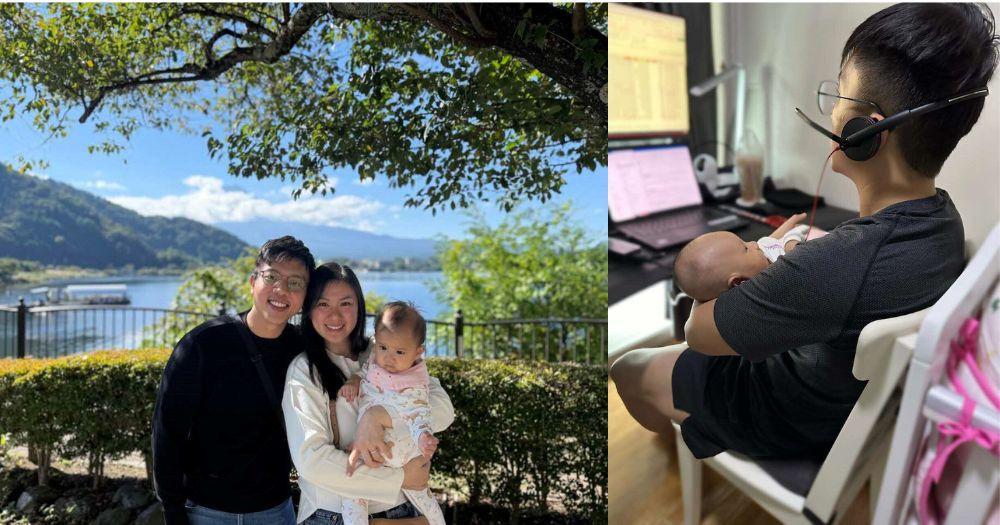3 S'poreans, aged 21-46, self-radicalised separately by Israel-Hamas conflict, detained by ISD in Nov. 2024
All three individuals had made preparations for combat.
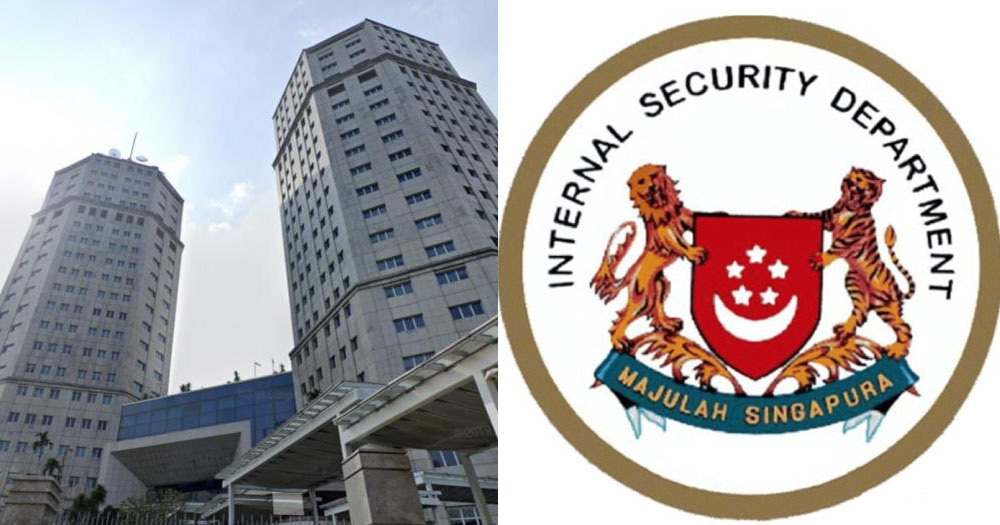
Three self-radicalised Singaporeans were detained under the Internal Security Act (ISA) in November 2024.
They are:
- Muhammad Indra Aqmal bin Effendy, 21
- Mohamad Latiff bin Rahim, 41
- Nurisham bin Yusoff, 44
Self-radicalised separately by the ongoing Israel-Hamas conflict
According to a press release by the Internal Security Department (ISD), all three of them had been self-radicalised separately online and had made preparations to engage in armed violence overseas.
While their cases are unrelated, their radicalisation was either triggered or accelerated by the ongoing Israel-Hamas conflict.
Both Indra and Nurisham planned to fight for Hamas and its military wing, the Izz ad-Din al-Qassam Brigades (AQB), in Gaza.
Latiff, on the other hand, planned to fight alongside Iran’s military and Iran-backed militant groups like the Hezbollah in the Middle East, against Israel.
What happened in the case of Indra?
Indra was working as a lift mechanic at the time of his arrest in October 2024.
His radicalisation started following Hamas' attacks against Israel on Oct. 7, 2023.
He began consuming online content on the situation in Gaza, which showed Palestinian civilians killed by the Israel Defense Forces (IDF).
He also came across extremist materials on armed jihad and martyrdom.
Emotionally affected by the suffering of the Palestinians, he formed a hatred towards the IDF, and within weeks, developed a strong desire to fight for Hamas against the IDF in Gaza.
He believed this was a legitimate form of armed jihad and aspired to die as a martyr while fighting.
Indra then began researching possible travel routes online in preparation for his travel to Gaza.
He also identified an online foreign contact based in the Palestinian territories whom he thought could help him make his way around Gaza.
Made preparations for combat, including practising with toy guns
In addition, Indra made preparations to be combat-ready. Having a background in martial arts, he honed his unarmed combat skills by carrying out pad work conditioning exercises at home.
He also practised reloading and pulling the trigger with his toy guns daily to improve his muscle memory in weapons handling.
In addition, he searched online for shooting ranges in Batam, Indonesia where he could train with live firearms.
What about Nurisham?
Nurisham was working as a security guard at the time of his arrest in October 2024.
In 2020, Nurisham became interested in Islamic eschatological prophecies on the End-of-Times.
He went on social media for religious knowledge and was exposed to the teachings of foreign radical and segregationist preachers, such as Azhar Idrus and Wadi Annuar from Malaysia.
He also imbibed materials on the concept of mati syahid (martyrdom).
He came to believe that martyrdom was the easiest way for him to atone for his sins in time to enter Heaven during the impending End-of-Times.
Following Hamas' Oct. 7, 2023, attacks, he consumed online extremist materials pertaining to the Israel-Hamas conflict.
Nurisham became convinced that it was his religious obligation to travel to Gaza to take up arms with the AQB to defend Palestinian Muslims.
He also saw the events in Gaza as a sign that the End-of-Times was imminent.
He believed that fighting with the AQB was a legitimate form of armed jihad that would enable him to achieve martyrdom during the End-of-Times.
Posted online extensively about the conflict, hoping that someone would facilitate his travel to Gaza
Nurisham's steps to prepare himself for his plans to engage in armed violence included researching online for ways to enter Gaza, and posting extensively on social media about the conflict and AQB, in the hopes that someone in the online community would facilitate his travel to Gaza.
In addition, Nurisham believed that the military training he had undergone, including weapons handling, when he served with the Singapore Armed Forces (SAF), would be useful when he joined the AQB.
He also made plans to re-familiarise himself with firearms handling at a shooting range in Batam.
What of Latiff?
Latiff was a director in a digital marketing company at the time of his arrest.
He was based in Bangkok, Thailand, and was arrested in October 2024 upon his return to Singapore.
Latiff started down the path of radicalisation in 2010, after he also began consuming online content on Islamic eschatological prophecies related to the End-of-Times in a bid to deepen his religious knowledge.
Over the years, he became convinced that the End-of- Times would occur in his lifetime, and that it was his religious duty to fight alongside the mujahideen (fighters) against the “enemies” of Islam during the End-of-Times.
Hamas' Oct. 7, 2023, attacks, and the conflict’s expansion to involve Iran, convinced Latiff that the End-of-Times was imminent, and accelerated his desire to engage in armed violence.
He perceived the IDF and the Israeli government as “enemies”, for inflicting suffering on the Palestinians.
Latiff, a Shi’ite Muslim, regarded Iran’s Supreme Leader Ayatollah Ali Khamenei (Khamenei) as the prophesied leader who would lead the mujahideen to fight against the “enemies” during the End-of-Times.
He believed that Khamenei would issue a call for Muslims to engage in armed jihad.
He was ready to respond to such a call by travelling to the Middle East to join Iran’s military forces or Iran-backed militant groups like the Hezbollah.
Had already begun making preparations for armed violence prior to Oct. 7, 2023
Even before this latest Israel-Hamas conflict, Latiff had commenced preparations for his plans to engage in armed violence.
This included visiting a shooting range in Bangkok in Sep. 2022 to familiarise himself with firearms.
In early 2024, Latiff ramped up his physical training to be combat-ready, by practising stabbing and slashing motions with kitchen knives at least four to five times a month in Bangkok.
He simulated attacks on vital body points that he believed would cause instant death–such as the chest and jugular veins.
Latiff did not have specific attack plans against Singapore. However, he admitted that he was willing to carry out any instructions from Khamenei, including conducting attacks in Singapore.
All three acted alone, family members unaware
All three individuals acted alone and their family members in Singapore were unaware of their plans to partake in armed violence.
There was also no indication that they had radicalised or recruited others in Singapore.
ISD added that these three cases highlight how overseas conflicts can have an impact on Singapore’s security.
In calling on the public to remain vigilant, ISD said possible signs of radicalisation include:
- frequently surfing radical websites
- posting or sharing extremist views on social media platforms or with friends and relatives
- making remarks that promote ill-will or hatred towards people of other races, religions or communities
- expressing intent to participate in acts of violence overseas or in Singapore
- inciting others to participate in acts of violence
According to ISD, extremist views include expressing support for terrorists or terrorist groups as well as the use of violence.
At least five detained since onset of Israel-Hamas conflict
Since the onset of the Israel-Hamas conflict in October 2023, ISD has dealt with at least five Singaporeans under the ISA, whose radicalisation was either triggered or accelerated by the conflict.
Even though it has been more than a year since the start of the conflict, extremist narratives on it, as well as on the growing strife in the Middle East, have not abated, ISD noted.
Minister for Home Affairs K Shanmugam said in 2023 that while Singaporeans "can and should" sympathise with civilian suffering, the country must be cautious not to let the conflict in the Middle East "undermine the peace and harmony we have in Singapore".
Last year, while speaking about a 17-year-old who was self-radicalised, the minister said that while Singapore has no control over radicalisation material that is available online nor events that happen around the world, Singaporeans can control how they react—"with a clear national identity, a sense of purpose, and understanding what is right and what is wrong".
Anyone who knows or suspects that a person has been radicalised should promptly contact the ISD hotline at 1800-2626-473.
Top collage left image from MHA Facebook, right image from ISD
MORE STORIES












